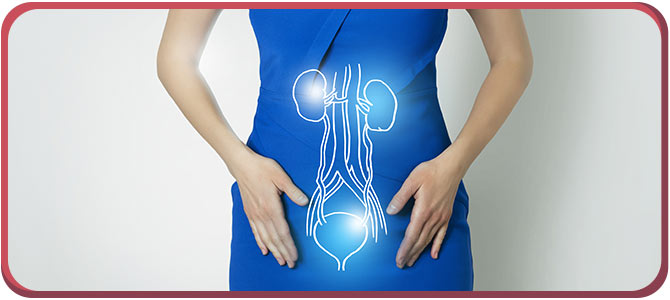
September 13, 2024
What To Expect After Expecting: Stress Urinary System Incontinence
What To Anticipate After Expecting: Anxiety Urinary System Incontinence Regular bowel feature can be preserved by drinking an appropriate amount of fluids and consuming foods high in fiber. Do not wait until your bladder mores than full before heading to the washroom. From the What to Anticipate content team and Heidi Murkoff, writer of What to Expect When You're Expecting. What to Anticipate complies with rigorous coverage standards and uses just credible resources, such as peer-reviewed studies, scholastic research establishments and highly appreciated health organizations. Find out how we keep our web content precise and current by reading our medical testimonial and editorial plan. After your child's birth, it is a good concept to retrain your bladder.Postpartum Urinary Incontinence: What To Do Concerning Loss Of Bladder Control After Giving Birth
- The modern movement of giving birth education and learning is enormously vital in assisting to inform ladies regarding labor, childbirth, nursing and looking after a newborn.
- The American University of Obstetricians and Gynecologists claims that postpartum care must be an ongoing process instead of a single visit after delivery.
- To manage this heavy blood loss it is best to utilize maternal sanitary napkins.
- Talk to your doctor regarding your family members preparing alternatives.
What Can I Do To Stop Bladder Problems After Birth?
Treatments can consist of lifestyle adjustments and strengthening your pelvic floor muscles via Kegel workouts. Forceps enhances the threat of injury to the nerves and muscle mass of the pelvis. Forceps are the spoon-shaped steel tools that are sometimes inserted into the mother's vagina and put around the baby's head at the time of delivery. These tools are typically made use of after a long or difficult labor to assist provide a baby. As the medical professional pulls on the forceps, they press away the muscle mass and soft tissues in the pelvis, permitting more space for the infant to come out. The forceps also help the physician to pull the child out, specifically if there is a limited fit.Does a C-section stop incontinence?
Social Links